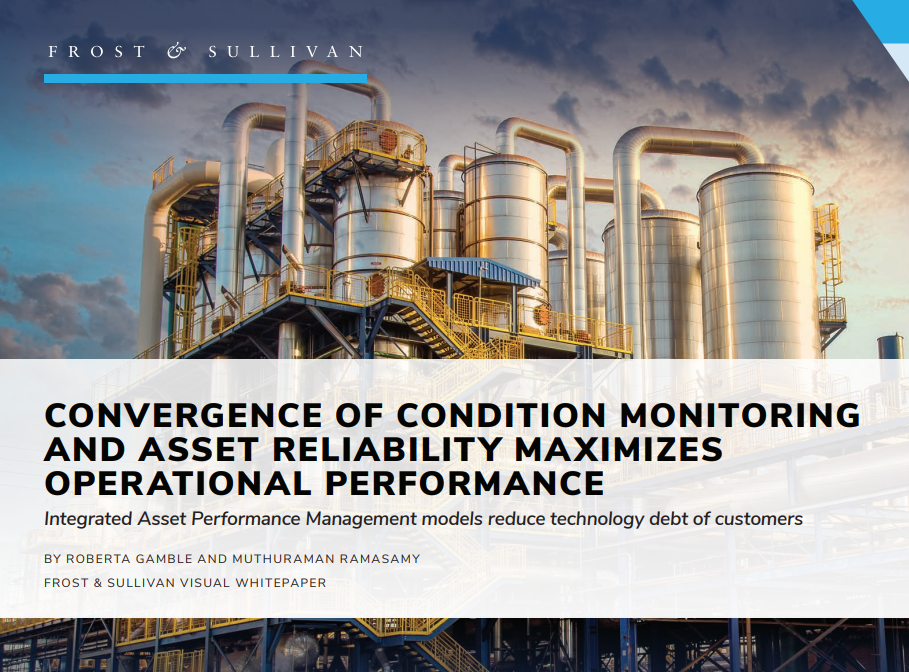When it comes to reliability strategy, we can't let opinion get in the way of fact. "I think it should be done this way." "We usually do things that way." These subjective statements can sneak their way into the maintenance strategy development or review process...yet they can diminish the integrity of a reliability strategy.
Subjectivity is common when setting or reviewing reliability strategies. And, while it may improve the reliability strategies to some degree, you can’t really be sure. Herein lies the problem. If you don’t know for sure that a subjective reliability strategy will lead to improvements until you implement it and see what happens to plant performance, you’re risking wasted time, effort and potentially exposed to unplanned failures.
Risks of the subjective approach
The subjective approach is typically applied in the belief that it offers the most rapid method to review reliability strategies. While this may be true, the problem is the quality and accuracy of the outcomes.
With a subjective review of reliability strategy, key risks include:
- You don’t know if the changes you are recommending are going to improve performance
- You cannot justify the tasks you are proposing to implement
- You cannot determine what level of performance you will get from the updated tasks
Furthermore, opinion is easy to challenge and hard to defend. One of the biggest downfalls of strategic reliability strategy review is that it can go around in circles for a very long time – particularly when multiple subject matter experts are involved or there is a change in subject matter experts on the project.
Because there is no justification for any of the reliability strategies in place, organizations find themselves in a constant state of review: if performance doesn’t improve then we need to review the reliability strategy again! The executives don’t understand why performance is not improving and managers don’t understand why their budgets are getting cut. It’s a cycle of despair because there is no justification for decisions and no solid base for improvement.
Replacing subjectivity with representative data
If it’s so risky, why pursue a subjective reliability strategy review? Sometimes, an organization will go down this path because it doesn’t have data available to affect a qualitative review. Or so they think. While they may be lacking in actual work order history type data, it is possible to leverage the experience of the site and its resources to create representative data for the study.
This simple step of taking an experience-based opinion and creating representative data means that there is a solid basis for the initial evaluation, quantification and justification. It’s a base from which to continually improve as real work order data does become available.
There is a significant shift in the maturity and quality of reliability strategy decisions when they are based on numbers rather than opinion. Numbers can be challenged, updated and used to ascertain the sensitivity of the result to different variables.
Beyond the quality of the individual reliability strategy decisions, this approach also puts the organization in a position to generate performance forecasts based around the equipment and the set reliability strategy. Scenarios can be created and evaluated against each other prior to implementing them and testing them in a real environment.
Only a subtle shift is needed to elevate from a subjective approach to a qualitative approach to reliability strategy review – yet improvements are marked. Get it right and it raises the Asset Management function to be able to liaise with the business in terms of dollars and risk rather than opinion.


